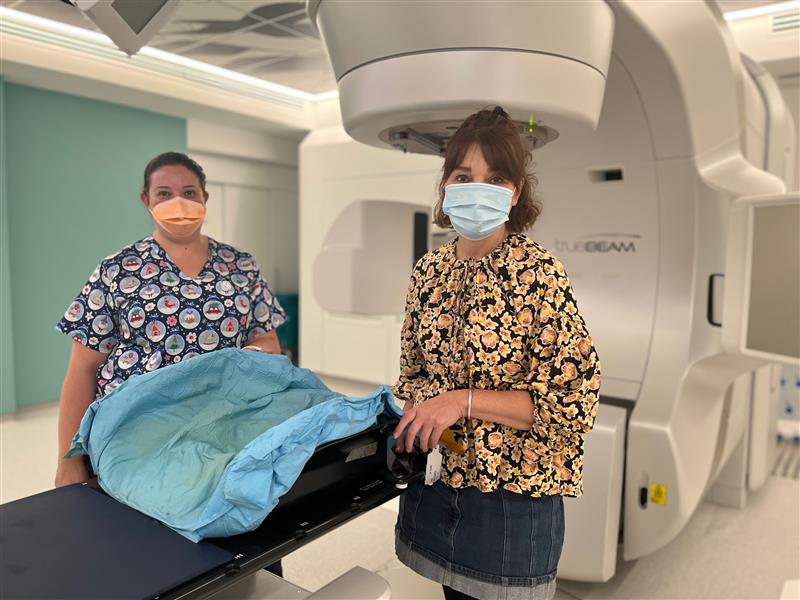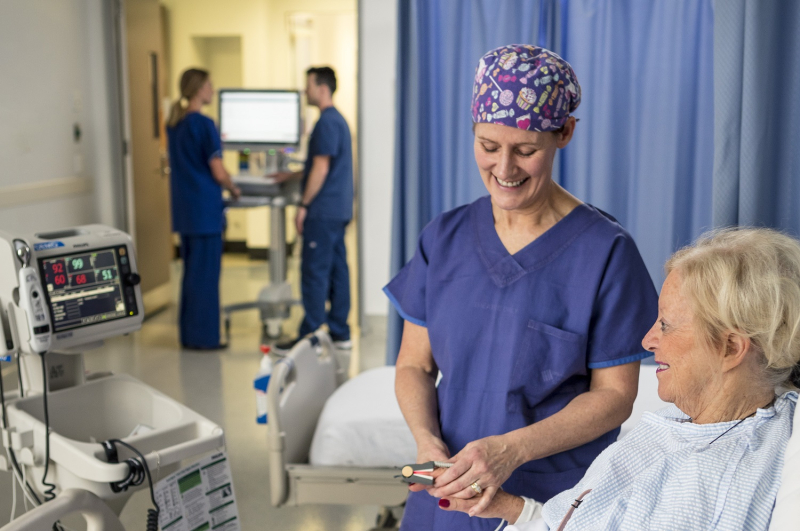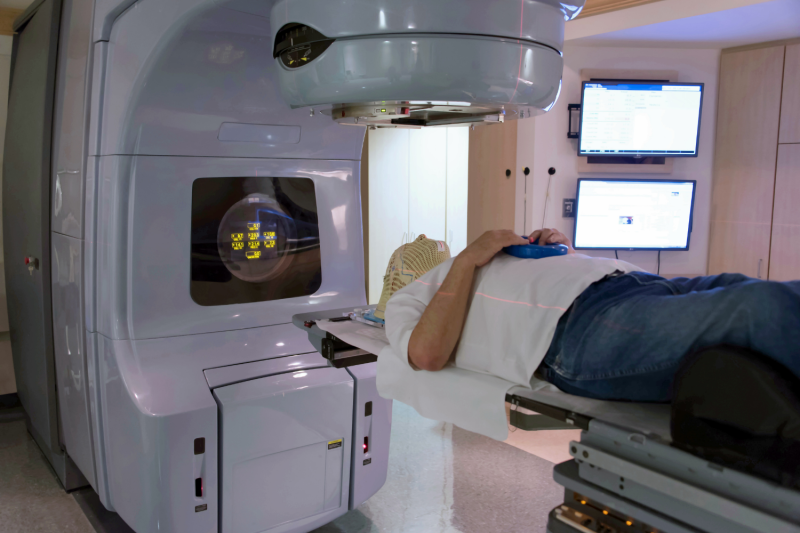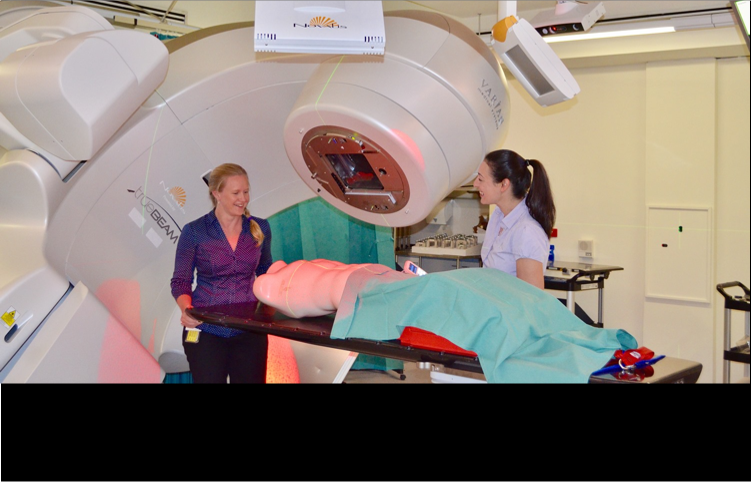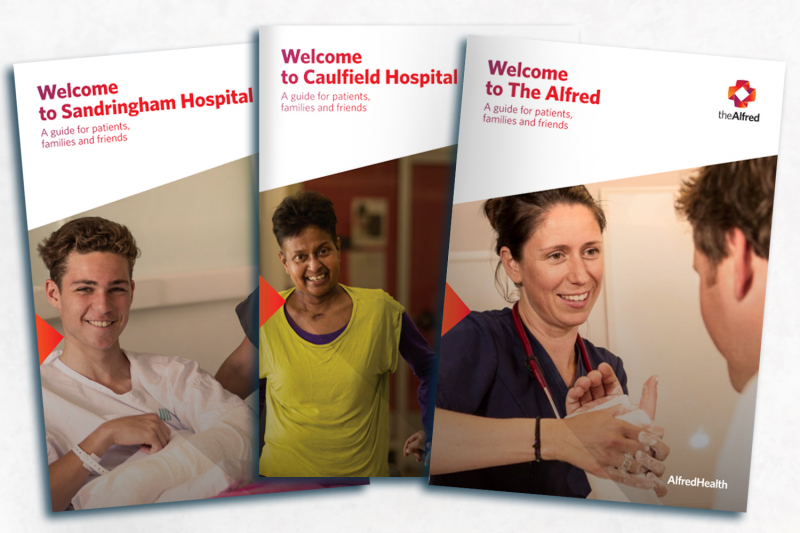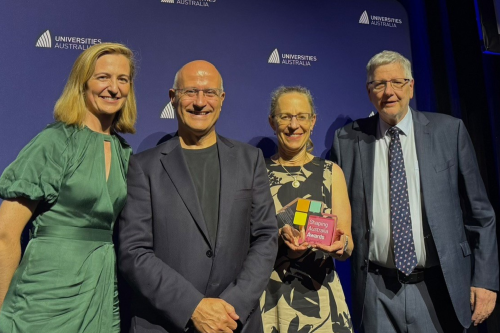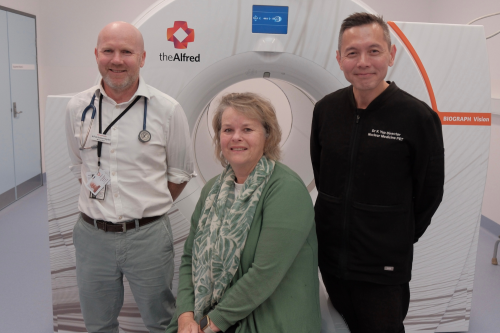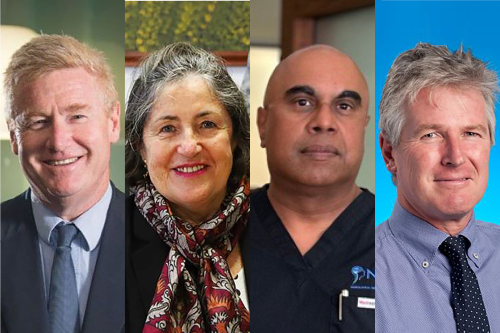_1400_933.png)
With services based at The Alfred, and across southeast Victoria, we treat all adult cancer types with the latest in radiation therapy & surface guided imagery.
Our highly experienced team of specialists will ensure you receive the best possible advice, treatment and ongoing follow-up care.
As a public health provider, we offer no out-of-pocket treatment cost for Medicare cardholders, and our patients typically have minimal waiting time, from referral to commencing treatment.
30th Anniversary of Alfred Health's Radiation Oncology
Since 1992, approximately 50,000 patients have received treatment at our Radiation Oncology service. This would not have be possible without the incredible skill and dedication of our Radiation Oncology team and the multidisciplinary teams that support them – past and present.
Thank you for 30 years of dedication, innovation, collaboration and excellence in care.
